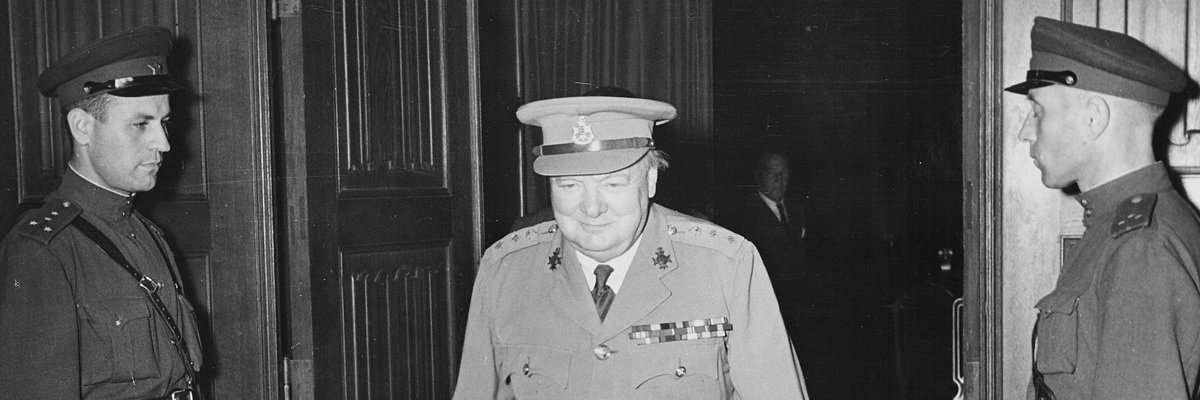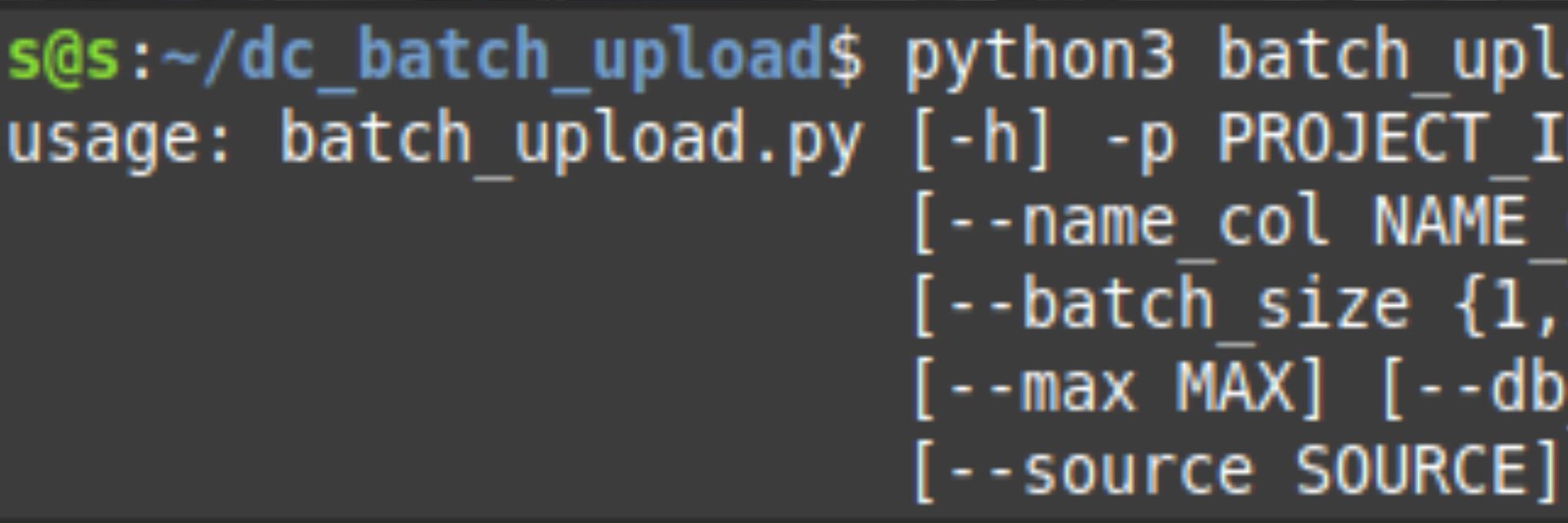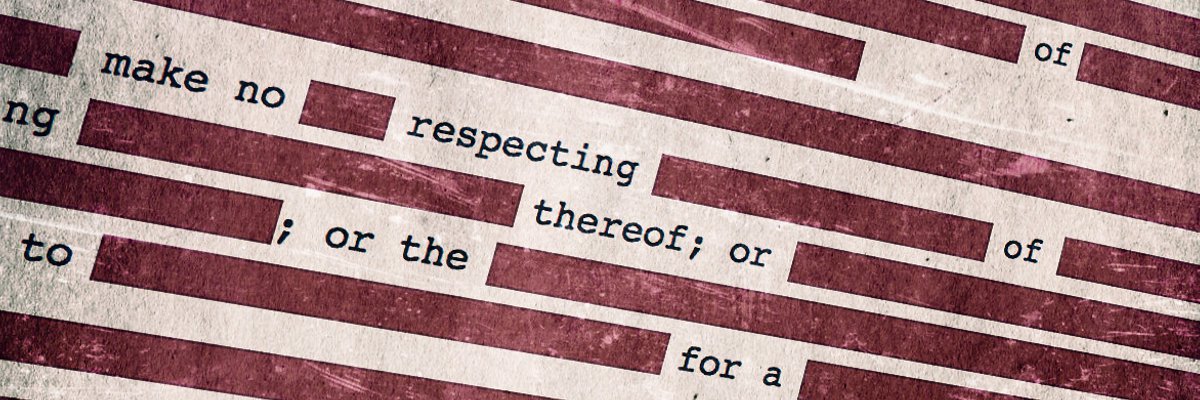In the midst of World War II, the Prime Minister of Great Britain Winston Churchill sent a note to General Hastings Ismay on the importance of carefully naming the operations of war.
A decade later, a copy of the communication found its way into the CIA archives via a May 8th, 1952 memo from Allen Dulles, then Deputy Director of Central Intelligence, to Colonel Kilbourne Johnston, Assistant Director for Policy Coordination, and Lyman B. Kirkpatrick, the Deputy Assistant Director for Special Operations.
As Dulles writes, the note had recently appeared publicly in Churchill’s Closing the Ring, part of his multi-volume history of the Second World War, and its humorous bent did not undermine its practical value.
“I have crossed out on the attached paper many unsuitable names,” the provided letter begins, before moving into a lecture about the appropriate delicacy attached to operational designations. In particular, those descriptions that were arrogant, despondent, frivolous, exceedingly ordinary, or still being used by the living should be avoided. After all, people’s lives - and deaths - were involved.

Terms that were notably inappropriate included “Smooth,” “Sudden,” “Bracken” - referring to Brendan Bracken, then Minister of Information - “Ballyhoo,” and “Bunnyhug” - referring to a popular dance style that already made parents grumpy, what more if a mother’s son’s end came during an operation in its honor.

Presumably, the alternate Canadian “bunnyhug” to mean “hooded sweatshirt” would still not have passed muster. Better to choose something from the British and American heroes, the stars, or the Greek and Roman myths.
A year later, CIA unleashed Operation Ajax.
You can read the full memo embedded below or explore more in CREST.
Image via Wikimedia Commons




